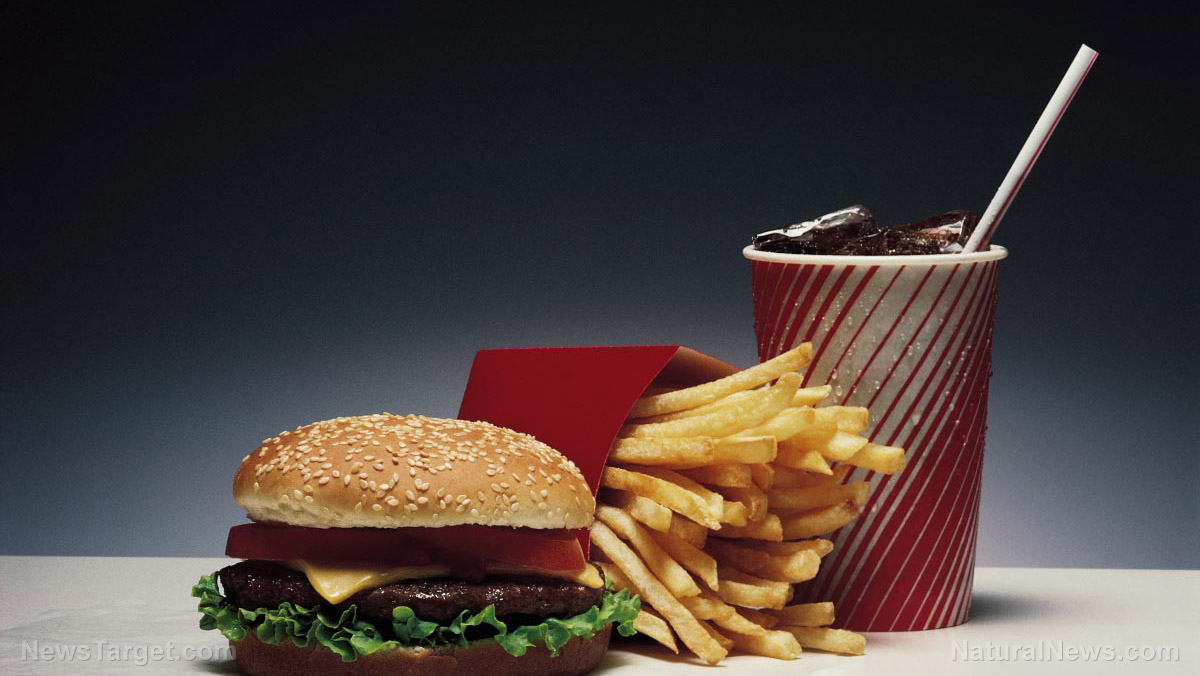Women who follow a low-carb diet show improvements in artery flexibility
12/20/2018 / By Michelle Simmons

Following a low-carb diet is beneficial for the heart, especially in prediabetic women. A study published in the journal Applied Physiology, Nutrition and Metabolism found that women with prediabetes who followed a low-carb diet experienced improvements in artery flexibility. It reduced the stiffness of their arteries, which may eventually lower their risk of heart disease.
For the study, researchers at the University of Missouri School of Medicine (MU) recruited 20 middle-aged pre-diabetic men and women. Then, they gave the participants low-carb meals for two weeks. After two more weeks, they supplied them meal planning instructions. The researchers measured the body weight of the participants, as well as their arterial stiffness using pulse wave velocity.
After the four-week study, the male participants lost 6.3 percent of their body weight, while the female participants lost 4.4 percent. Based on the arterial stiffness measurement, the women exhibited reduced blood flow speeds of one meter (m) per second, while men did not show any changes in this area. (Related: Low-carb vegan diet found to reduce weight gain and heart attack risk.)
“Our study is the first to demonstrate that weight loss can reduce arterial stiffness in as little as four weeks and that dietary carbohydrate restriction may be an effective treatment for reducing aortic stiffness in women,” said Dr. Elizabeth Parks, a professor of nutrition and exercise physiology at MU.
The Centers for Disease Control and Prevention (CDC) estimates that one out of three American adults live with prediabetes, a condition in which a person’s blood sugar is higher than normal, and elevated blood sugar — both of which are risk factors for arterial stiffness. Stiffening of the arteries is part of aging, but it can be accelerated by obesity, insulin resistance, and metabolic syndrome. Earlier studies have also shown that blood vessels stiffen more in women than in men, putting them at a greater risk for heart disease. Arterial stiffness has been identified as a contributing factor to many chronic diseases, including hypertension, heart attack, stroke, kidney disorders, liver disorder, Type 2 diabetes, cognitive decline, leukoaraiosis or cerebral white matter disease, and neurodegenerative disorders like Alzheimer’s disease and Parkinson’s disease.
Mother Nature's micronutrient secret: Organic Broccoli Sprout Capsules now available, delivering 280mg of high-density nutrition, including the extraordinary "sulforaphane" and "glucosinolate" nutrients found only in cruciferous healing foods. Every lot laboratory tested. See availability here.
Other ways to reduce or reverse arterial stiffness
In addition to following a healthy low-carb diet, arterial stiffness can be reduced through other natural ways, such as:
- Regular exercise: Exercise makes the blood vessels more elastic, which, in turn, keeps them healthy.
- Quitting smoking: Smoking is one of the primary causes of arterial stiffness, so quitting it is the best way to reduce arterial stiffening.
- Eating more fish: Fish like salmon is rich in healthy omega-3 fatty acids which are good for the hearth. These healthy fats help reduce the levels of harmful fats and increase good cholesterol levels – both of which contribute to the reduction of arterial stiffness.
- Trying flaxseed: Like salmon, flaxseeds are rich in omega-3 fatty acids, which help reduce arterial stiffness. These healthy fats also help reduce atherosclerosis, which is another contributor to the stiffening of arteries.
- Managing your stress levels: Stress is one of the primary causes of arterial stiffness and many other diseases. It can increase cholesterol level and blood pressure, which causes arterial stiffness. It would help if you learned to reduce stress to reduce arterial stiffness. You can try to reduce stress naturally by doing yoga or meditating.
Read more news stories and studies on keeping the heart healthy by going to Heart.news.
Sources include:
Tagged Under: arterial stiffness, artery flexibility, diet, healthy diet, Heart, heart disease, heart disease risk, heart health, low carb diet, natural treatment, Prediabetes, women




















